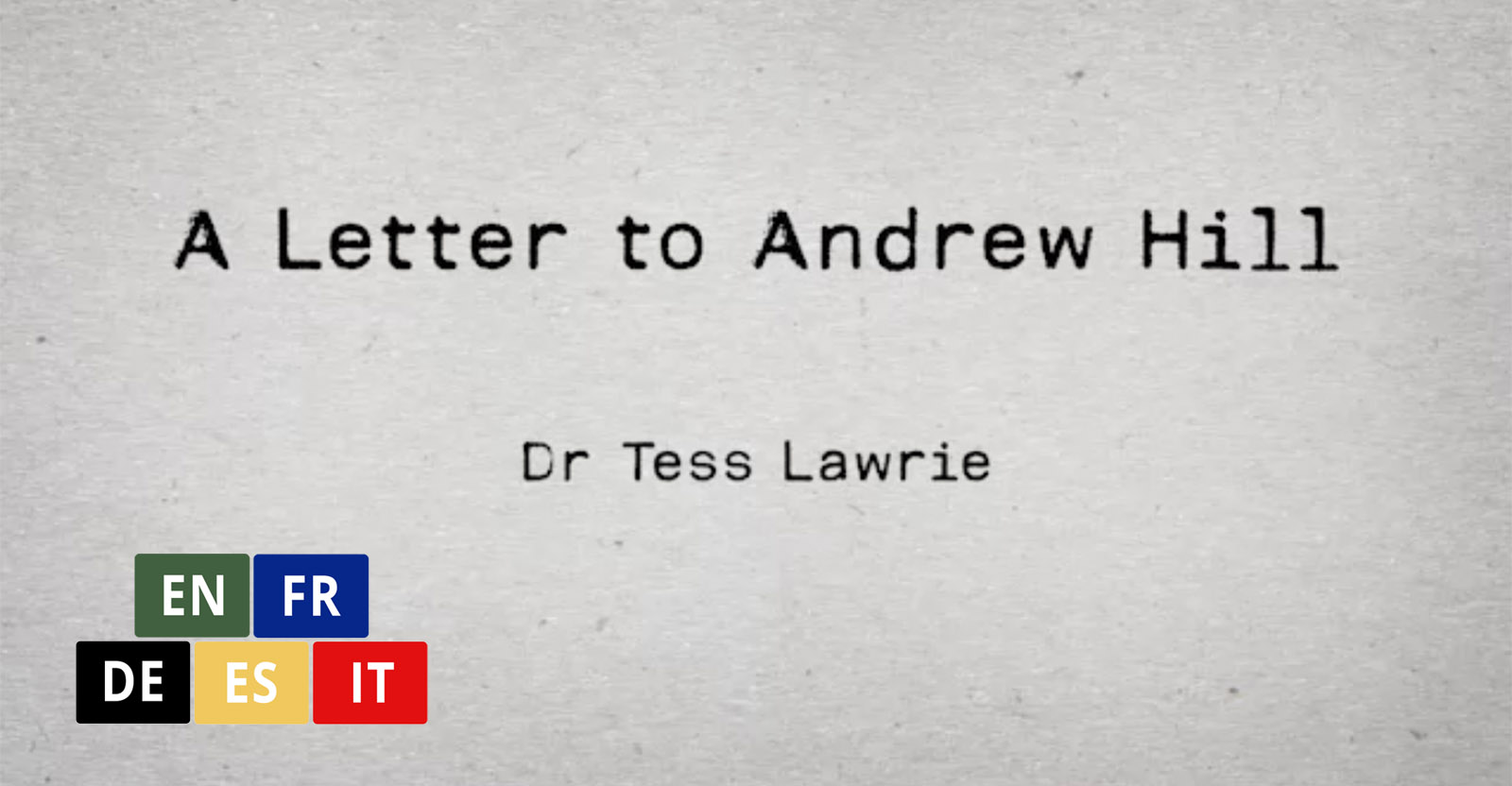“Pfizer law” passed in the French parliament
Source: TKP.at Thomas Oysmüller, 15 April 2024
Whether criticising mRNA treatment or masks against influenza viruses: all of this can be prosecuted in France in future. Anyone who dissuades people from corporate medicine will face trouble in future.
Critics have labelled the new French “sect law” the “Pfizer law”. This is because it means that any medical criticism that deviates from the “current state of science” can be prosecuted in future. Theoretically, criticism of vaccinations or the mask requirement during the Covid state of emergency could have been prosecuted. TKP was one of the first media outlets worldwide to report on the law, which attracted attention around the globe. Last week, the plan was then waved through by parliament.
Against conspiracy theorists
The final act for the controversial bill was completed on 9 April. The matter was far from clear-cut in parliament, but ultimately passed by 146:104. The offence is punishable by a prison sentence of one year and a fine of 30,000 euros. Anyone who persuades others to refuse medical treatment “although it is obviously suitable according to the state of medical knowledge” can be punished with up to three years in prison (and a fine of 45,000 euros).
A central section of the law, which is the reason why it is also called the “Pfizer Law”, is the possible criminalisation of people who advise against “therapeutic or prophylactic medical treatments”. This means that mRNA and vaccination critics could theoretically be prosecuted. It is no coincidence that Professor Didier Raoult, probably the best-known mRNA critic in France, was mentioned several times during the debate in February.
A French media outlet reports on the new law:
On Tuesday 9 April, the National Assembly finally adopted the bill to combat sectarian aberrations, creating an offence of provocation to abandon or fail to provide medical care, punishable by one year in prison and a fine of 30,000 euros, or even three years in prison and a fine of 45,000 euros if the provocation has been put into practice.
This new criminal offence is intended to counter the “gurus 2.0” and their alleged natural miracle cures for cancer who are up to mischief on the internet. It is about the “solicitation through repeated pressure or manoeuvres” to “abandon or refrain from therapeutic or prophylactic medical treatment” if the renunciation of medical care is “presented as beneficial to health”, although it can have “particularly serious consequences”.
Although the deputies and senators could not agree on this delicate measure, the National Assembly had the final say and passed the text by 146 votes to 104.
Secretary of State Sabrina Agresti-Roubache made it clear in the plenary chamber that it was “not the government’s intention to ban medical criticism” or “to prevent sick people from deciding in full awareness […] to take or not to take treatment”, but rather to combat the “world of conspiracies” on the internet, which she believes “claims thousands of victims every year”.
This was in response to concerns expressed by Insoumis, Communist, Les Républicains and Rassemblent National MPs, who warned of a threat to “public freedoms” or whistleblowers criticising the pharmaceutical industry.
The Secretary of State thus explicitly mentions the “conspiracy theorists” who could be targeted by the new law.
Journalist Sonia Elijah argues that the law could also be seen as an “extension of the Digital Services Act (DSA)” because it aims to combat “what the authorities categorise as disinformation on the internet.”
Suggest a correction






